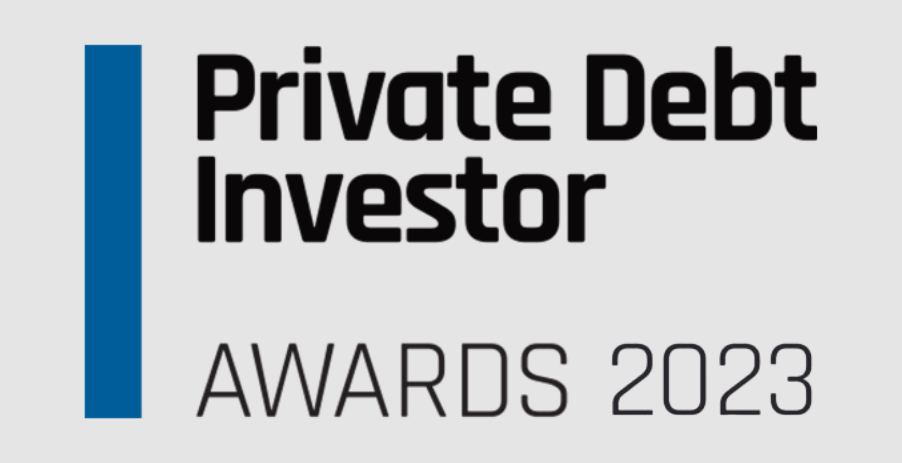
Last month, my colleague Boris Rumak wrote how mitigating the risk of contractor insolvency when funding modular construction schemes can make modern methods of construction (MMC) more commercially viable, unlocking their potential to transform the UK’s housing market. In this piece, he touched on the role MMC can play in delivering a fairer and more sustainable built environment – this is something worth exploring in more detail.
MMC and how it can contribute to delivering urgently needed new homes in a more equitable and environmentally friendly way has been a hot topic of conversation across our industry for some time now.
Delivering vital new homes
The obvious social benefit is that homes can be built faster and more efficiently. The delivery of new homes in the UK has declined since 2021. In Q1 of this year, housebuilding fell by 20% and the construction sector has been hammered by interest rate rises and hobbled by abject planning policy, resulting in an overall slump in new home deliveries.
MMC involves the majority of a building’s parts being developed off-site. Units or ‘modules’ are precisely measured, cut and fitted before on-site construction. This indoor method reduces the potential impact of restrictive weather conditions which can hamper traditional construction (as the UK’s spring of 2024 has clearly demonstrated) and radically simplifies the assembly of a building, maximising speed and efficiency.
MMC is also opening up high-quality, specialised jobs in the market, increasing employment opportunities for local workers and suppliers. When most work is done indoors in a regulated factory, this also benefits workers’ health and safety standards, reducing exposure to manual hazards in traditional building sites.
While certainly not a silver bullet, MMC has the potential to be an important component of a multi-pronged approach with meaningful planning reform at its core. This combined approach will ultimately be crucial to addressing the estimated backlog of 4.3 million new homes plaguing the national housing market.
Reducing waste
As Boris alluded to in his piece, modular construction also offers a considerable number of environmental benefits throughout a building’s lifecycle.
Up to 30% of the waste produced by conventional construction methods ends up in landfill. Precise, controlled manufacturing in a factory setting with modular components reduces the risk of wasteful adjustments or corrections on-site.
This off-site environment likewise means that any waste that is produced can be reused and recycled for future projects, rather than ending up in skips and landfill.
Energy optimisation and carbon emissions
Modular development can also enhance the energy efficiency of a building throughout its lifespan. Indoor manufacturing reduces transportation and the need for heavy machinery onsite, with most development taking place in one consolidated space. MMC buildings can be designed to make full use of energy optimisation features, including renewable energy sources, natural lighting, smart technologies and more – the building can remain energy-efficient even during operation.
Studies have shown that homes made off-site can reduce the embodied carbon on a building by 45%.
By streamlining manufacturing processes, and reducing the duration and intensity of building, MMC has a clear role to play in lowering the overall carbon emissions of the built environment. By optimising the energy efficiency of a building and reducing the overall waste it produces, MMC reduces both embodied and operational carbon.
Modular buildings can also be dismantled and modified to optimise their performance and adapt to their surroundings in a simplified and efficient way that saves the need for costly and polluting demolitions.
Modifying houses in this way means buildings can harness evolving technologies, such as automated heating and cooling or smart lighting systems; and energy-saving upgrades like improved insulation, glazing or HVAC systems. This flexibility means MMC buildings are ideal for changing environmental conditions and regulatory landscapes.
Government inaction
Westminster has taken notice of MMC and made some attempts to hold the government to account. A parliamentary inquiry was launched in October 2023, which reached the damning conclusion that “the Government’s approach to MMC is in disarray”. Following this, the Department for Levelling Up, Housing and Communities commissioned the British Standards Institution to create a UK-wide standard for MMC to encourage greater adoption from developers by providing standardised guidance for best practices.
But despite these long-overdue steps, Whitehall is still very much on the back foot. Politicians may be asking the right questions, but meaningful action, particularly around formulating a coherent strategy and setting achievable goals, remains sorely lacking.
The reality is that for the foreseeable future, the private sector, will be principally responsible for supporting the rollout of modular construction across the UK.
The role of non-bank lenders
In February, we provided our inaugural development loan for an MMC project – a £105.2 million Green Loan in partnership with QuadReal Property Group to fund the development of The Castle, a BTR scheme in North Acton. This is a brilliant example of all these factors at work.
The Castle will be developed by Tide and delivered via its cutting-edge, highly researched and tested volumetric system, Vision, which harnesses pioneering technology for optimised housing development. Tide recently completed development on a landmark BTR scheme in London using Vision – the tallest modular building in Europe and completed two months ahead of schedule.
Non-bank lenders like ourselves are ideally placed to support MMC projects, and, by extension, the delivery of a more sustainable housing market. This is because we have a more flexible mandate as lenders and can structure transactions to deal with the specific risks of a large exposure to off-site manufacturing. We can also tailor transactions to clients’ unique needs and help them choose more responsible practices throughout the lifecycle of a building.
Ensuring we strike a balance between meeting demand for new housing and achieving our industry’s vital sustainability goals is a complicated problem; modular construction will be a vital part of the solution.


















